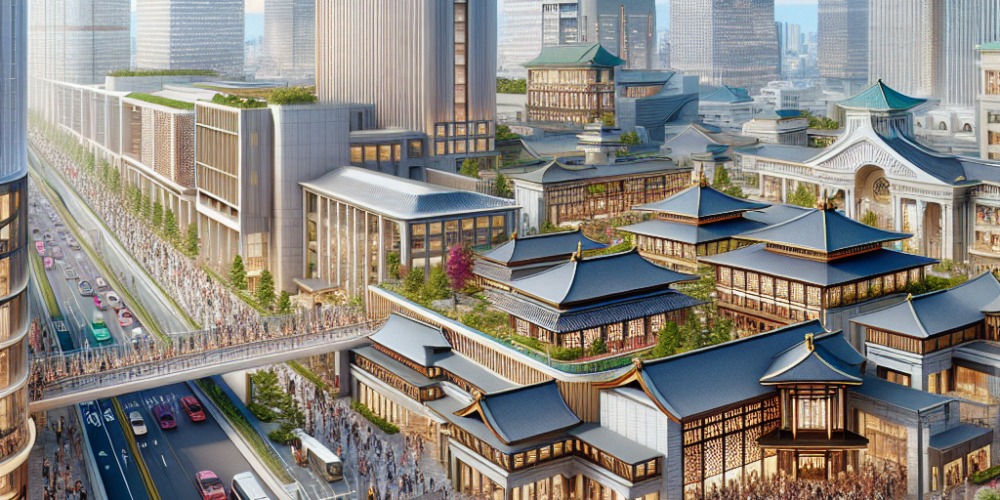In an unprecedented move, Japan is setting the stage for its first casino resort, anticipated to open in Yokohama in late 2024. This marks a significant development in the Asia-Pacific gaming industry, as Japan looks to tap into the lucrative casino tourism market that has notably benefited its neighbors like Macau and Singapore.
After years of legislative battles and public debates, the Japanese government passed a law in 2018 to allow the establishment of integrated resorts (IRs) that include casinos, hotels, conference rooms, and entertainment facilities. Yokohama, Japan’s second-largest city by population, has been selected as the pioneer city to host the inaugural IR.
The project, estimated to cost over $12 billion, is a collaborative venture between the Japanese government and several international gaming corporations, including MGM Resorts International and the local firm, Orix Corporation. Together, they promise not only to deliver high-stakes gaming but also a world-class tourism and entertainment experience.
According to officials, the Yokohama IR will feature a sprawling casino floor, a luxury hotel with more than 3,000 rooms, an extensive shopping mall, multiple gourmet restaurants, and an exclusive theater. The resort aims to attract both domestic and international tourists, with projections suggesting the facility could draw millions of visitors annually.
Economic analysts predict that the introduction of IRs will provide a significant boost to Japan’s economy. It is expected to generate approximately $8 billion in annual revenue, while also creating thousands of jobs in the region. The government views this initiative as a strategic move to rejuvenate Japan’s tourism industry, which has suffered a downturn due to the global health crisis.
However, the project has not been without controversy. Several local groups have expressed concerns about potential social issues, such as gambling addiction and an increase in crime rates. In response, Yokohama city officials have outlined strict measures to promote responsible gambling and ensure robust security within and around the IR.
Furthermore, the Japanese government has established a regulatory framework to oversee casino operations, modeled after Singapore’s successful approach. This includes stringent licensing conditions, high entry fees for locals to deter problem gambling, and rigorous compliance checks to prevent money laundering and other illicit activities.
In preparation for the opening, the Yokohama municipal government has launched a series of public awareness campaigns, emphasizing the economic benefits and addressing the societal concerns associated with gambling. Additionally, the city plans to enhance its infrastructure, improving transportation links to accommodate the expected influx of visitors.
The global gaming industry is closely watching Japan’s foray into casino tourism, with many analysts believing that Yokohama’s IR could shift the dynamics in Asian gaming tourism. “Japan’s entry into the casino sector is not just a regional game-changer; it’s a global one,” says Andrew McCartney, a gaming industry analyst based in Hong Kong. “Yokohama will set the precedent for how other Japanese cities might plan and implement their own IR projects.”
As the project progresses, the world anticipates how Japan’s first casino resort will influence not only the local economy but also the global gambling landscape. With its strategic location and robust regulatory framework, Yokohama’s IR may well become a model for integrating gaming with tourism and entertainment, setting a high standard for future developments worldwide.

















